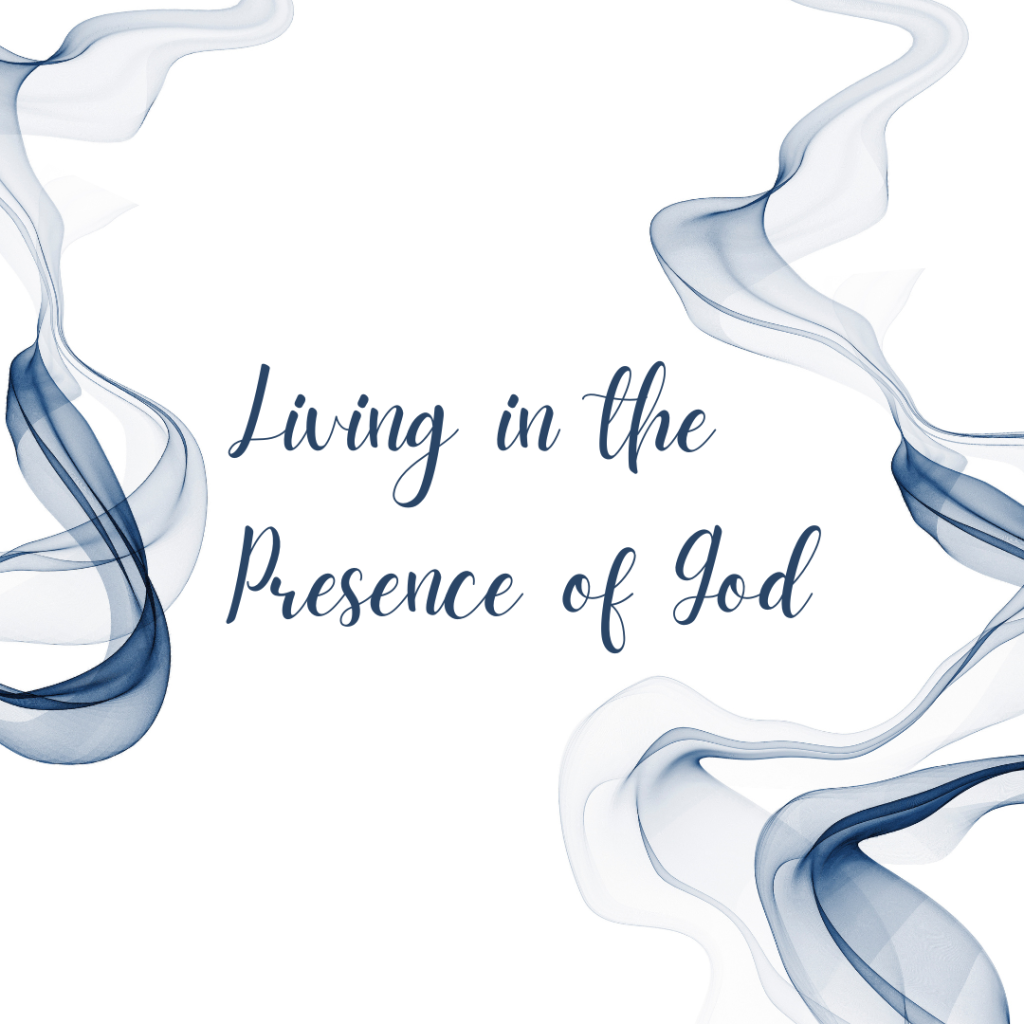Meaning of investment: To invest is to commit time, effort, resources, and value into something with the expectation of growth and profit.
Investment always involves Patience, Patience, Patience, and Commitment
Just as we invest in earthly ventures for economic gain, we must invest even more intentionally in spiritual matters because the spiritual controls the physical.
Matthew 6:19–20
“lay not up for yourselves treasures upon earth, where moth and rust doth corrupt, and where thieves break through and steal: but lay up for yourselves treasures in heaven…”
Spiritual investments are superior because they produce eternal returns.
2 Corinthians 4:18
“For the things which are seen are temporal; but the things which are not seen are eternal.”
1 Corinthians 2:9
“Eye hath not seen, nor ear heard… the things which |God hath prepared for them that love him.”
Through spiritual investment, God’s hidden plans are unlocked in the life of the believer. Without spiritual investment, life becomes vexed, restless, and unstable.
2 Chronicles 15:5
“And in those times, there was no peace… but great vexations were upon all the inhabitants of the countries.” Peace, rest, and stability are fruits of spiritual investment. Spiritual investment is engaging the one true God by seeking him according to his word.
Many people invest spiritually in the wrong places: idols, spiritism, occult sacrifices, river rituals and demonic consultations. God calls such practices heathenism, not true spirituality.
2 Chronicles 15:8 King Asa removed the idols and renewed the altar of the lord. True spiritual investment always draws a man closer to God, not away from him.
There are several biblical examples of people who invested in the spiritual, such as Ellisha, whose investment was through service.
Ellisha was a successful farmer until Elijah cast his mantle upon him. He abandoned his business to serve God. He poured water on Elijah’s hands, and he served faithfully, and he received a double portion of anointing. What looked like a loss became an uncommon profit.
Elisha: subdued armies, commanded nature, healed land. He was honoured in palaces and operated above natural limitations. When he invested spiritually, the world responded to him.
In this same manner: Peter, Andrew, James, John, Matthew, Paul—
all left their professions and earthly security to follow Christ. Their spiritual investment birthed global impact.
Like men of fasting and prayer, such asMoses who fasted and prayed for 40 daysElijah – 40 days, Jesus – 40 days and Paul who fasted and prayed, these are high-level spiritual investments with multiplied returns.
How to invest spiritually
Seeking the lord byspending quality time in God’s presence.. 2 Chronicles 15:2 “if ye seek him, he will be found of you.” Psalm 84:10
“Better is one day in thy courts than a thousand elsewhere.” Anna and Simeon waited in God’s presence and encountered destiny (Luke 2:36–37).
Through building Godly relationships; byloving God wholeheartedly andloving people genuinely, Matthew 22:37–39, a perfect heart toward God produces a healthy relationship with others.
Through Christlike character. Christlike character is a spiritual asset. Acts 11:26 – “they were first called Christians. Trials refine character. Romans 5:3–5 .wilderness seasons are investment seasons, not waste.
By: covenant with God: 2 Chronicles 15:12 covenant establishes divine backing and protection.
Through coveting and using spiritual gifts, 1 Corinthians 12:31
Ephesians 4:11–12 spiritual gifts are for: ministry, edification and service; they must never be sold. “Freely ye have received, freely give.” Elisha rejected Naaman’s gift. Jesus healed many without charging—yet never lacked. God rewards his servants in his own way, in his own time.
By investing in God’sword Joshua 1:8, the word builds prosperity, stability, and success.
Through sacrificial giving: the widow of Zarephath,, the Shunammite womanand the boy with five loaves and two fish.s Each gave sacrificially and received multiplied returns.
Through giving to the poor proverbs 19:17 “he that hath pity upon the poor lendeth unto the lord…” Proverbs 22:9, Proverbs 28:8. Job invested in the poor, and God defended him.
By living righteously, Righteous living attracts divine endorsement.,Job, and King Asa (when he trusted God) 2 Chronicles 16:9.
There are benefits of spiritual investment
- Peace
- Rest
- Victory
- Divine lifting
- Material provision
- Generational inheritance
Job 22:23–30
When you invest spiritually, God becomes your defence, your prayers are heard, your decrees are established, and light shines on your path
Spiritual investment is never wasted. It produces returns in time and in eternity. What you invest in the spirit today, it will determine what responds to you tomorrow








